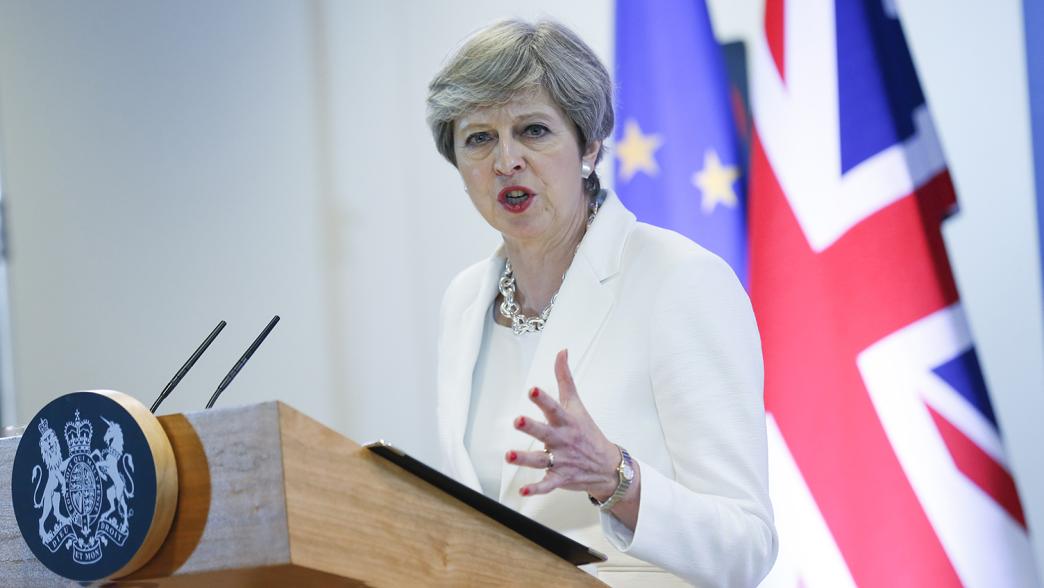The civil service after Brexit: lessons from the Article 50 period
A divided cabinet and battles between parliament and government revealed tensions in the civil service’s duty to “serve the government of the day”.

A divided cabinet and battles between parliament and government revealed fundamental tensions in the civil service’s duty to “serve the government of the day”.